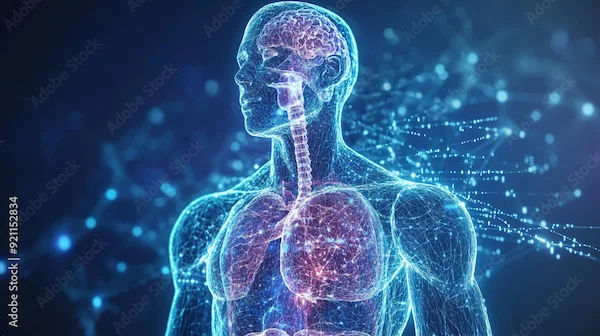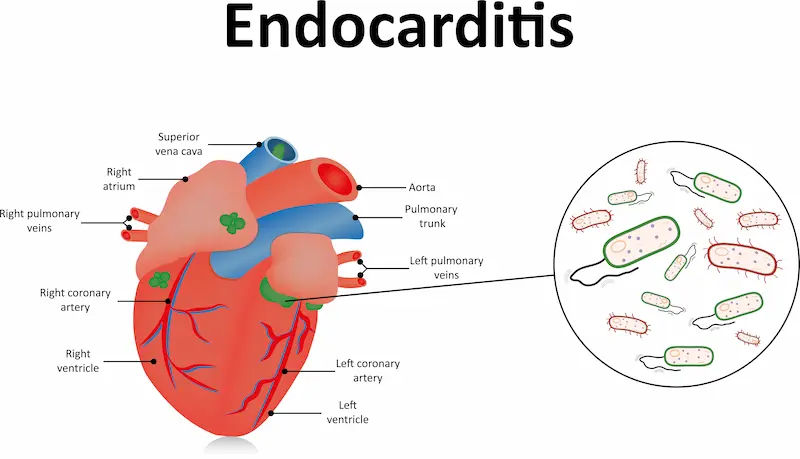Blood Clotting Disorders Overview and Treatment
Learn about blood clotting disorders, including types, symptoms, causes, diagnosis, and treatment. Understand prevention tips for excessive clotting and bleeding conditions.


Blood clotting is a natural process that helps stop bleeding when you get injured. However, when this process doesn’t work properly, it can lead to blood clotting disorders. These disorders can cause excessive bleeding or dangerous clots inside blood vessels. If you or a loved one has been diagnosed with a clotting disorder, understanding the condition can help you manage it better.
What Are Blood Clotting Disorders?
Blood clotting disorders are conditions that affect how your blood clots. There are two main types:
1. Hypercoagulable Disorders (Excessive Clotting) – Blood clots form too easily, increasing the risk of deep vein thrombosis (DVT), pulmonary embolism (PE), or stroke.
2. Bleeding Disorders (Poor Clotting) – Blood doesn’t clot properly, leading to excessive bleeding (e.g., hemophilia or von Willebrand disease).
Common Symptoms of Blood Clotting Disorders
Signs of Excessive Clotting (Hypercoagulability)
- Swelling, pain, or redness in the legs (DVT)
- Shortness of breath, chest pain, or coughing up blood (PE)
- Sudden weakness, numbness, or difficulty speaking (stroke symptoms)
Signs of Poor Clotting (Bleeding Disorders)
- Frequent nosebleeds
- Heavy or prolonged menstrual bleeding
- Easy bruising
- Excessive bleeding from small cuts or dental procedures
If you experience any of these symptoms, consult a doctor immediately.
What Causes Blood Clotting Disorders?
Genetic Factors
Some people inherit clotting disorders, such as:
- Factor V Leiden mutation (increases clotting risk)
- Hemophilia (prevents proper clotting)
- Von Willebrand disease (affects clotting proteins)
Acquired Causes
- Prolonged immobility (long flights or bed rest)
- Surgery or trauma
- Pregnancy or hormonal medications (birth control pills, HRT)
- Chronic illnesses (cancer, diabetes, or autoimmune diseases)
How Are Blood Clotting Disorders Diagnosed?
Doctors use several tests to diagnose clotting disorders:
- Complete Blood Count (CBC) – Checks for abnormal platelet levels.
- Prothrombin Time (PT) & INR – Measures how long blood takes to clot.
- Partial Thromboplastin Time (PTT) – Assesses clotting factors.
- Genetic Testing – Identifies inherited disorders like Factor V Leiden.
Get Your Health Assessed
If you suspect a clotting disorder, Apollo 24|7 offers easy online test bookings and consultations with specialists.
Consult an Hematologist for the best advice
Treatment and Management of Blood Clotting Disorders
For Excessive Clotting (Anticoagulant Therapy)
- Blood thinners (Warfarin, Heparin, DOACs) – Prevent new clots from forming.
- Compression stockings – Help prevent DVT.
- Lifestyle changes – Stay active, avoid long periods of sitting, and stay hydrated.
For Bleeding Disorders
- Clotting factor replacements (for hemophilia)
- Desmopressin (DDAVP) – Helps mild von Willebrand disease.
- Avoiding blood-thinning medications (aspirin, NSAIDs).
Lifestyle Tips to Manage Clotting Disorders
For People Prone to Clots
- Stay active – Walk regularly to improve circulation.
- Stay hydrated – Helps prevent thick blood.
- Wear compression socks – Especially during long flights.
- Avoid smoking – Increases clotting risks.
For People with Bleeding Disorders
- Protect yourself from injuries – Wear protective gear during sports.
- Use soft toothbrushes – Prevents gum bleeding.
- Avoid contact sports – Opt for swimming or walking instead.
When to See a Doctor?
Seek immediate medical help if you experience:
- Sudden chest pain or difficulty breathing (possible PE).
- Severe headache, confusion, or weakness (possible stroke).
- Uncontrolled bleeding after an injury.
If you have a family history of clotting disorders, consider genetic testing for early detection.
Final Thoughts
Blood clotting disorders can be managed effectively with the right treatment and lifestyle adjustments. If you suspect any symptoms, don’t ignore them; early diagnosis can prevent complications.
For expert advice, Apollo 24|7 provides easy access to hematologists and clotting disorder specialists. Book a consultation or lab test today for personalised care.
Consult an Hematologist for the best advice
Consult an Hematologist for the best advice

Dr.sanchayan Mandal
Medical Oncologist
17 Years • MBBS, DrNB( MEDICAL ONCOLOGY), DNB (RADIOTHERAPY),ECMO. PDCR. ASCO
Kolkata
Dr. Sanchayan Mandal Oncology Clinic, Kolkata

Dr. Thorana Prakash M
General Physician
2 Years • MBBS
Bengaluru
PRESTIGE SHANTHINIKETAN - SOCIETY CLINIC, Bengaluru
Dr Sumanth R
General Physician
2 Years • MBBS
Bengaluru
PRESTIGE SHANTHINIKETAN - SOCIETY CLINIC, Bengaluru

Dr. Sonal Paul
Haematologist
9 Years • MBBS, MD Pathology, DM Clinical Haematology
Kolkata
SATKRIT HEALTHCARE - A MULTISPECIALITY CLINIC, Kolkata
Dr. Sasikamalam
General Practitioner
1 Years • MBBS
COIMBATORE
Apollo Sugar Clinic Coimbatore, COIMBATORE
Consult an Hematologist for the best advice

Dr.sanchayan Mandal
Medical Oncologist
17 Years • MBBS, DrNB( MEDICAL ONCOLOGY), DNB (RADIOTHERAPY),ECMO. PDCR. ASCO
Kolkata
Dr. Sanchayan Mandal Oncology Clinic, Kolkata

Dr. Thorana Prakash M
General Physician
2 Years • MBBS
Bengaluru
PRESTIGE SHANTHINIKETAN - SOCIETY CLINIC, Bengaluru
Dr Sumanth R
General Physician
2 Years • MBBS
Bengaluru
PRESTIGE SHANTHINIKETAN - SOCIETY CLINIC, Bengaluru

Dr. Sonal Paul
Haematologist
9 Years • MBBS, MD Pathology, DM Clinical Haematology
Kolkata
SATKRIT HEALTHCARE - A MULTISPECIALITY CLINIC, Kolkata
Dr. Sasikamalam
General Practitioner
1 Years • MBBS
COIMBATORE
Apollo Sugar Clinic Coimbatore, COIMBATORE





